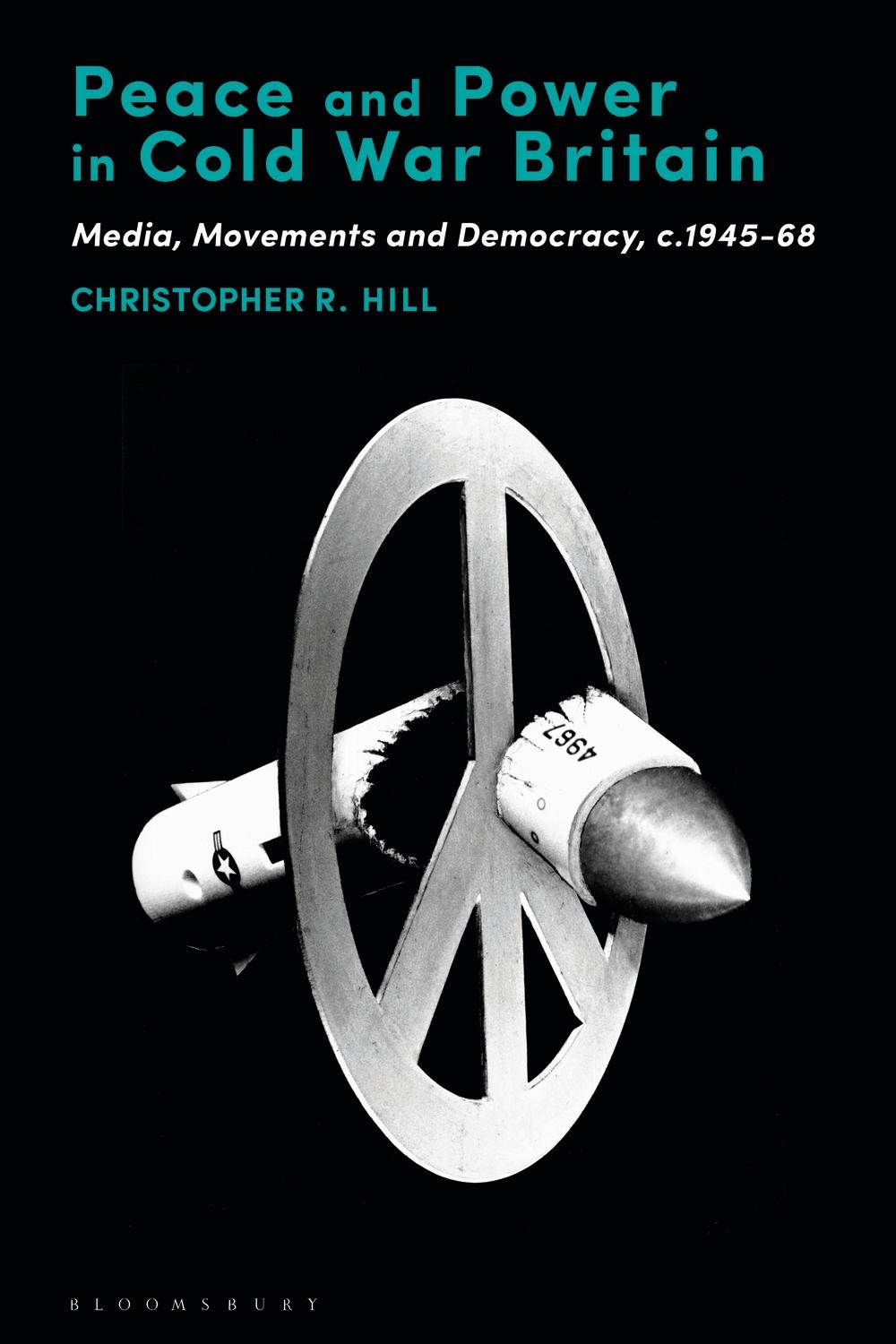Peace and Power in Cold War Britain

Peace and Power in Cold War Britain
In answering these, the book views the ban the bomb and anti-Vietnam War movements in relation to communication power and media discourse. It highlights how these movements intersected with parts of public life that were being transformed by television themselves, shaping struggles for social change among activists and public intellectuals on the streets, in the Labour Party and in the law courts.
The significance of this relationship between media and movements was complex and wide-ranging. Christopher R. Hill demonstrates that it contributed to the enrichment of democracy in Cold War Britain, with radicals serving to innovate and pioneer creative forms of political expression from both in and outside of media organisations. However, the movements increasingly succumbed to news coverage and values that revolved around human interest and violence, feeding into the revolutionary spectacle of 1968 and the turn towards identity politics.
PRP: 336.50 Lei
Acesta este Pretul Recomandat de Producator. Pretul de vanzare al produsului este afisat mai jos.
302.85Lei
302.85Lei
336.50 LeiIndisponibil
Descrierea produsului
In answering these, the book views the ban the bomb and anti-Vietnam War movements in relation to communication power and media discourse. It highlights how these movements intersected with parts of public life that were being transformed by television themselves, shaping struggles for social change among activists and public intellectuals on the streets, in the Labour Party and in the law courts.
The significance of this relationship between media and movements was complex and wide-ranging. Christopher R. Hill demonstrates that it contributed to the enrichment of democracy in Cold War Britain, with radicals serving to innovate and pioneer creative forms of political expression from both in and outside of media organisations. However, the movements increasingly succumbed to news coverage and values that revolved around human interest and violence, feeding into the revolutionary spectacle of 1968 and the turn towards identity politics.
Detaliile produsului









